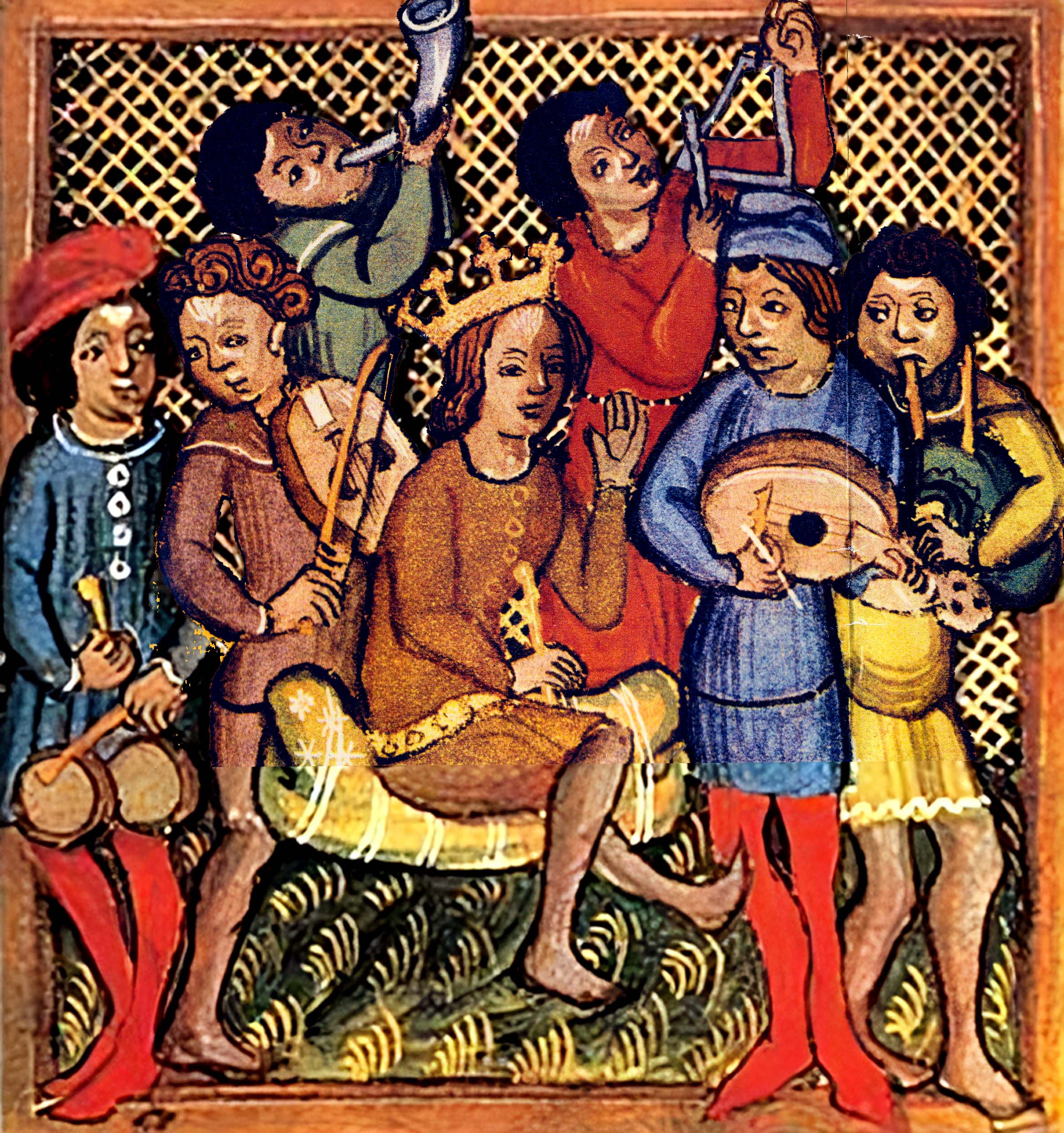 |
| Minnesinger |
As you no doubt have noticed, I am featuring a new poem here about every day. A reader writes that he prefers the ones that rhyme, on the grounds that “that is the challenge on poetry.”
Not really. A poem is not a word puzzle, not a test of technical virtuosity with the language. Nor do good poems need to rhyme. Yeats, Eliot, Donne, and Shakespeare have written some of the best poems in the English language without rhyme.
What then is the point of rhyme? Why has it been so dominant in poetry, if less so these days?
Poetry is sometimes called “spoken word.” This is wrong. If you want the art of the spoken word, you want the play. Prose, on the other hand, is the art of the written word. What about poetry? The proper medium of poetry is not writing, and not speech. It is memory. A good poem is written to be memorized, and reveals itself fully only when memorized.
This is why every word must count: because they are going to be endlessly repeated in memory.
Poetry is originally a pre-literate form. The ancient bards and original minnesingers were memory artists. Homer and those who performed his Iliad and Odyssey, or Valmiki's Ramayana or the Mahabharata, had to go on reciting word-for-word for days. Their audiences would hear it, word-for-word, at regular intervals. The epics and lyrics lived first in memory.
 |
| Troubador |
There is, it is true, an aesthetic aspect to rhyme. It is semi-musical. But rhyme primarily gives a reason for each word to be exactly where it is, and so provides hooks that help the memory. The repetition with variation also helps memorize. But there is no essential need for rhyme; it is secondary to the primary task of making the passage memorable. In “The Second Coming,” Yeats does as well by linking vivid images. Repetition of the same words can accomplish the job, as Donne does in “No Man Is an Island.” Shakespeare can do it with meter alone.
The memory is magical and is closely allied with the imagination. The imagination is the window on the spirit world. We currently seriously undervalue the memory. Aristotle, Aquinas, Plato, and Augustine did not. They considered it the essence of the human spirit. Without it, we would know nothing. To remember nothing is to know nothing; essentially, all of our experience beyond a Euclidian point is mediated by memory.
This is why poetry is, with music, the highest of the arts.













No comments:
Post a Comment